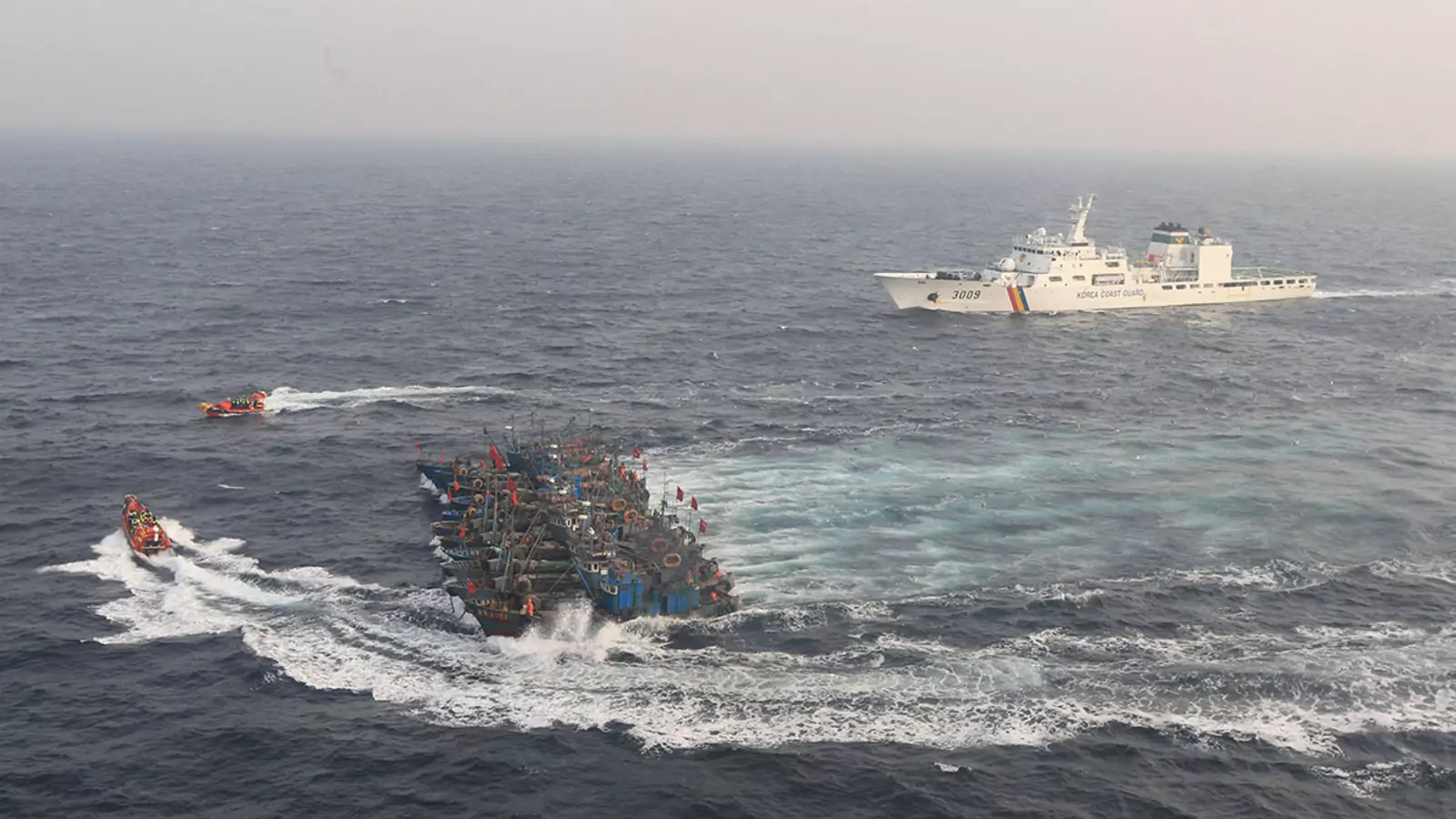Forced organ harvesting and organ trafficking are interlinked crimes where organs are taken from victims through coercion or without informed consent and sold illegally, often making their way into the organ tourism transplant market.
UN experts have expressed alarm this week at reports of forced organ harvesting of detainees, organized by authorities in China. Ethnic and religious minorities such as Uyghurs, Falun Gong practitioners, Tibetans, Muslims and Christians, are being detained, often with no reason given for their arrest, and allegedly targeted to have their organs forcibly removed.
Serious allegations of state-sanctioned forced organ harvesting have been made against China’s government as far back as 2006 leading UN human rights experts to raise the issue with authorities.
However, lack of sufficient data from the Chinese government has shrouded this alleged practice in secrecy preventing the effective identification and support of potential victims trafficked for the purpose of forced organ removal.
Last year, an independent people’s tribunal in London chaired by Sir Geoffrey Nice QC concluded that “forced organ harvesting has been committed for years throughout China on a significant scale”.
The experts said they have received credible information that detainees from ethnic, linguistic or religious minorities may be forcibly subjected to blood tests and organ examinations such as ultrasound and x-rays, without their informed consent; while other prisoners are not required to undergo such examinations. The results of the examinations are reportedly registered in a database of living organ sources that facilitates organ allocation.
“According to the allegations received, the most common organs removed from the prisoners are reportedly hearts, kidneys, livers, corneas and, less commonly, parts of livers. This form of trafficking with a medical nature allegedly involves health sector professionals, including surgeons, anaesthetists and other medical specialists.”
UN experts including the Special Rapporteurs on trafficking in persons, torture and other cruel, inhuman and degrading treatment and punishment are calling on the Chinese government to respond to allegations of forced organ harvesting.
Freedom United is powering calls in partnership with the International Coalition to End Transplant Abuse in China and the Human Trafficking Foundation, for governments to pass legislation that will tackle forced organ harvesting and organ trafficking at the international level.






